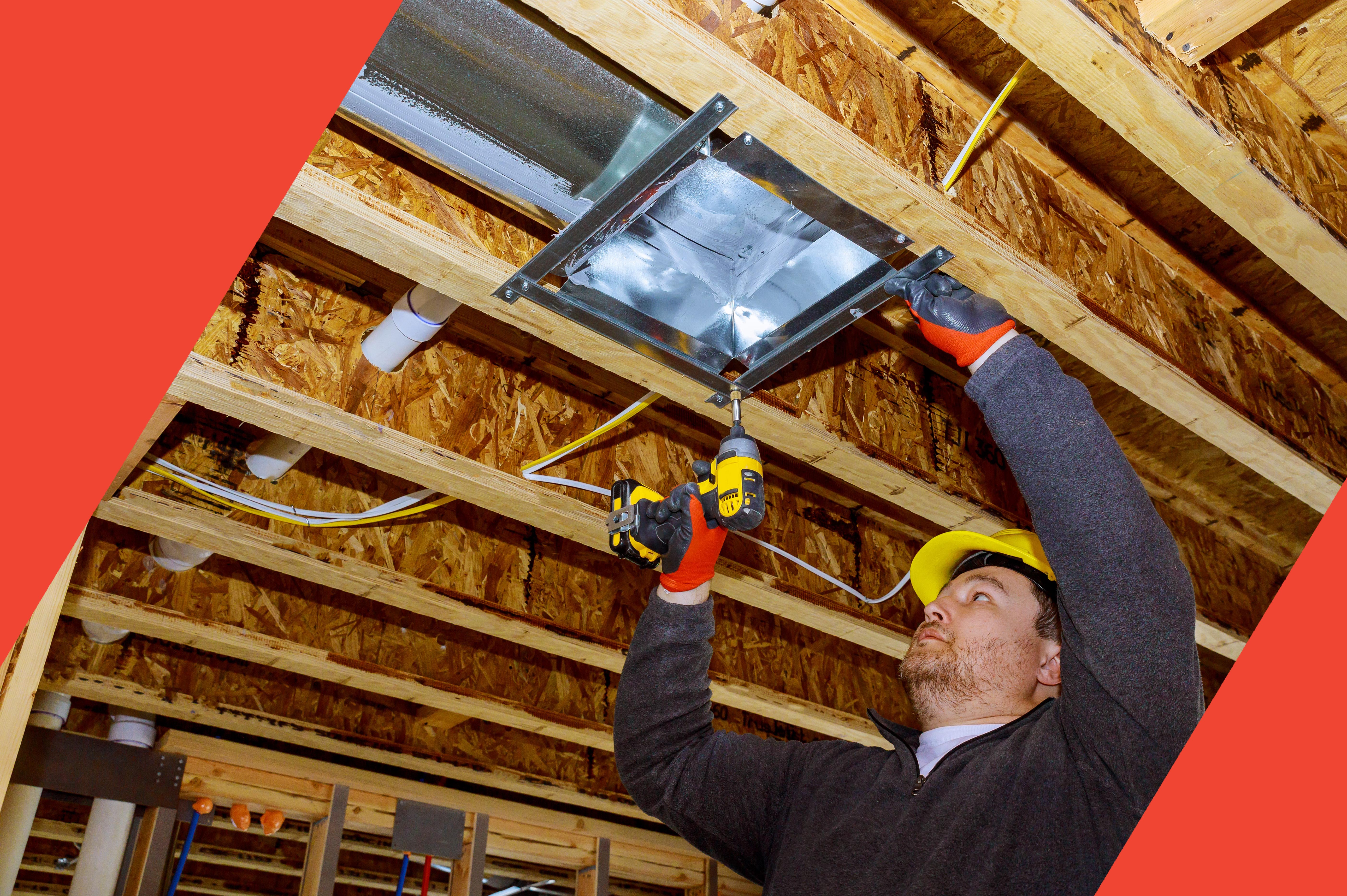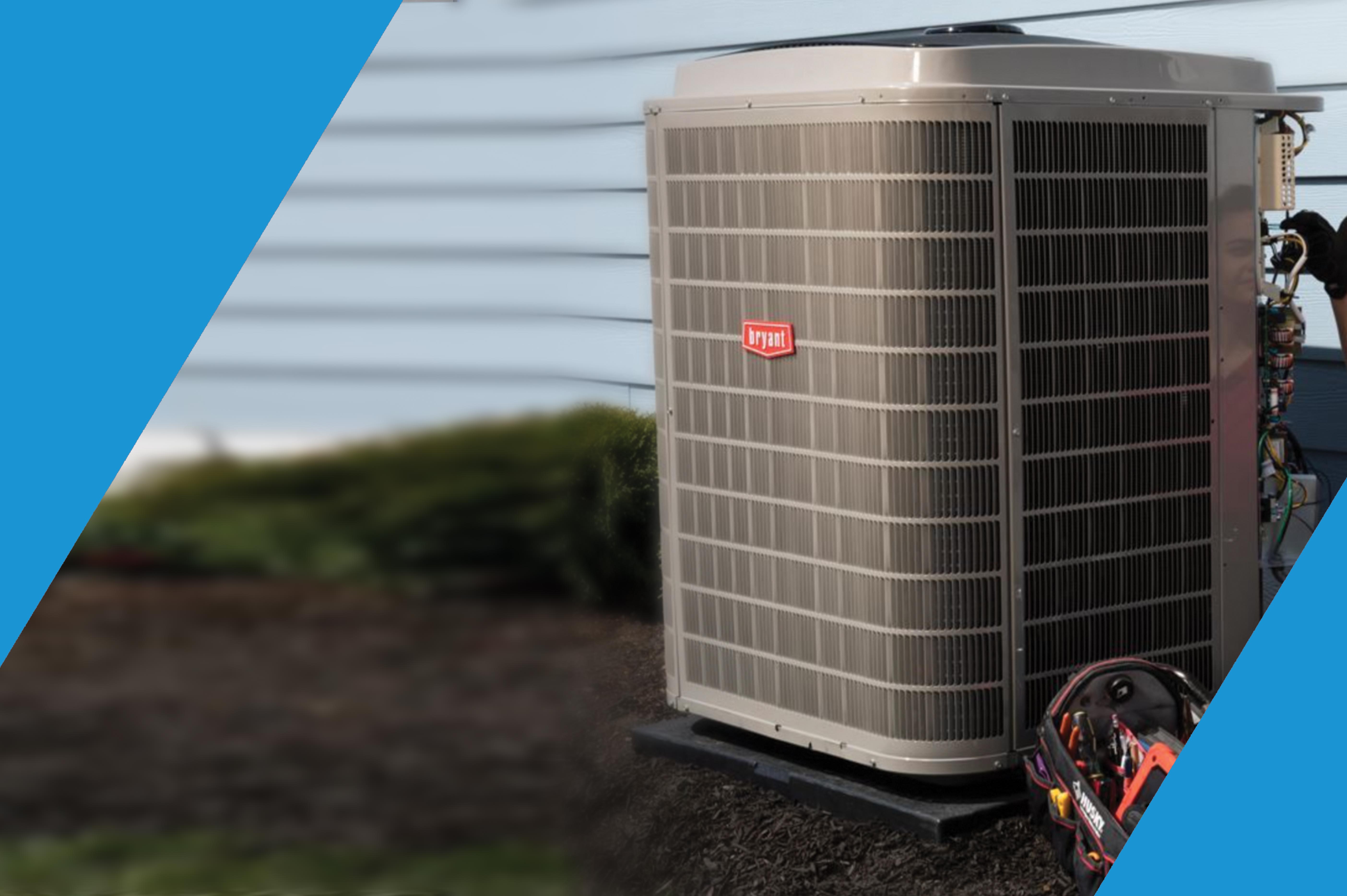
The furnace is the most common whole-home heating installation in the US. In our area, most households have gas or oil furnaces. Gas furnaces are typically preferable since natural gas is relatively available in most homes. Chances are high that this is what you’re using to heat up your Minnesota home.
If you have a furnace in your home or if you are shopping around for a new one, here are some things we think you should know.
The Size of a Furnace Is of Utmost Importance
You could pick out the most efficient furnace on the market, and it still wouldn’t perform properly if it was not the precise size for your home. When technicians help customers select the right furnace for a home, they have to consider square footage, your home’s insulation, and more to find JUST the right size for your home—no bigger or smaller.
If it’s too small, obviously, a furnace cannot heat up a home completely. Too large, however, and it may short cycle and wear down the fan and other components.
It Won’t Last Forever
The average lifespan of a furnace is about 15-20 years—and that’s only assuming you take very good care of it. If your furnace is nearing this age and needs hundreds of dollars in repairs, replacing it may be the better option. If you make the repairs instead, your 15 year-old furnace is bound to break down soon enough, adding onto the total cost.
You Cannot Assume It Is Safe
Maybe your furnace is only a few years old, and maybe you haven’t experienced any problems with it before. That does not mean that it is operating 100% safely. Carbon monoxide leaks and gas leaks are a real risk. For your family’s safety, it’s worth having a technician come to your home and check on the state of your heater long before you need to run it full time. Call your local HVAC company for a tune-up and inspection today!
Air Mechanical, Inc. is your local HVAC contractor in Andover, MN. Call our team today!







